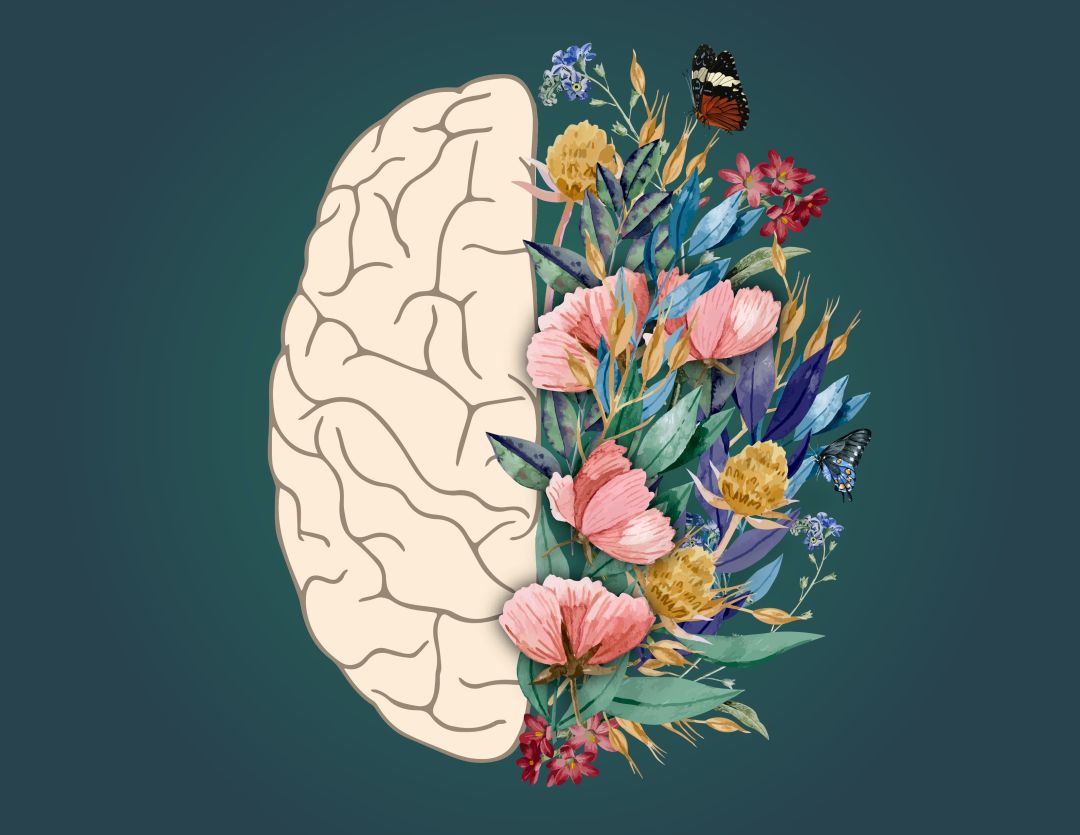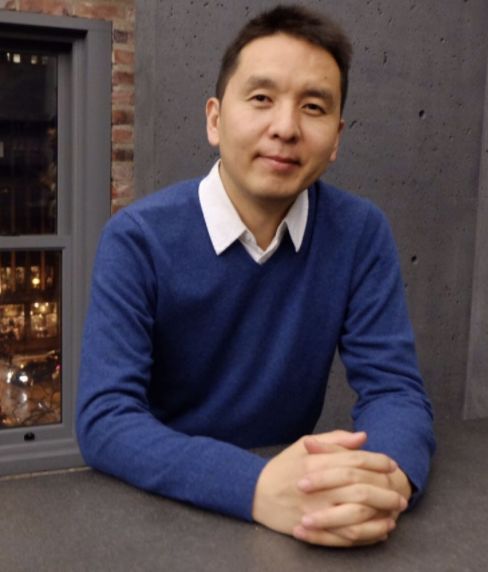How Can Culture Change to Accommodate Mental Health In the Pandemic?

Mental health has become a global crisis amid the Covid-19 pandemic. Isolation from lockdowns, lingering Covid-19 symptoms, financial distress and unemployment have all been contributing factors.
According to the U.S. Census Bureau's first Household Pulse survey of 2021, anxiety rates are 35.9 percent—that's 6.1 percent higher than before the pandemic. Rates of substance abuse, alcoholism and overdose have also increased.
One of the ways to address this crisis is through open discussion and breaking the social stigma of mental illness. New College of Florida hosts monthly "Campus Conversations" with professors to touch on these topics.
On Thursday, March 17, assistant professor of anthropology Dr. Yidong Gong held a session called "Beyond the Naming: Mental Health Through the Lens of Culture." The conversation focused on culture's effect on the field of psychiatry and the intersection of biology, environment and health.

Dr. Yidong Gong.
Image: ncf.edu
Gong has studied societies in South Sudan and China and reported his findings as a Chinese journalist. He now helps psychology and anthropology students develop their own opinions and views on how mental healthcare may shift depending on the part of the world you are in.
The hour-long conversation began with Gong's presentation and broke out into group discussion. Here are some of the key takeaways of the talk.
Community-based care over individualized care may be beneficial.
Valuing the collective over the individual may seem like an Eastern ideal, but becoming more communal in ways we care for those who are struggling can positively impact individual mental health and public health.
Self-diagnosis walks a fine line between helpful and harmful.
Reading a list of symptoms online may help you determine a diagnosis, but it can be harmful in cases of autism and other developmental disorders. It can also de-legitimize the experience of those with severe illness.
Gong also posits that questions about diagnoses remain: do patients always need one? Are labels harmful or helpful? And how do those labels affect daily life for those in other parts of the world?
Wider access and variety of care is needed.
Gong says the western world tends to view mental health through a clinical lens, whereas Eastern societies often see it from a holistic and environmental lens.
He argues both viewpoints are important, but a variety of treatment methods can be implemented before and while prescribing psychotropic medication—like art therapy for children and adults, and support groups like Alcoholics Anonymous and Narcotics Anonymous.
Families, societies and workplaces must change along with the recovered individual.
Gong argues that mental health is also a public health issue. Society needs to accommodate those who are in recovery through trauma-informed language, accommodating mental health days and the attendance of therapy, etc. Families must also receive access to group care.
Some therapies are universal.
Practices like breathwork, meditation and prayer, exercise and movement are universal—they stretch beyond the limitations of language, culture and time.
Respect of eastern views of mental health is necessary.
In order to shift the stigma of mental illness in some parts of the world, respect for the culture must come first. For example, hallucinations are deemed a negative genetic and biologic occurrence in the Western world, but are considered beneficial, a "spiritual gift" and an important aspect of the practice of Shamanism in the Eastern world. Understanding these norms is important.
The Diagnostic and Statistical Manual of Mental Disorders (DSM-5) is a framework, not the be-all and end-all.
The Diagnostic and Statistical Manual of Mental Disorders (DSM-5)—the handbook widely used by clinicians and psychiatrists in the U.S. to diagnose psychiatric illness—goes through many iterations as we learn more about mental health. Gong says it should be considered a framework for treatment, not canon.
Culture and environmental stressors can impact the biology and development of one's brain, therefore impacting mental health.
Before diagnosing and medicating an illness, Gong suggests we consider the environment someone lives in. Factors like poverty, violence, racism and other structural issues contribute to development of depression, anxiety and PTSD. These factors can also impact the way someone's brain develops and processes emotions.
For a list of more Campus Conversations, click here or call (941) 487-5000.



